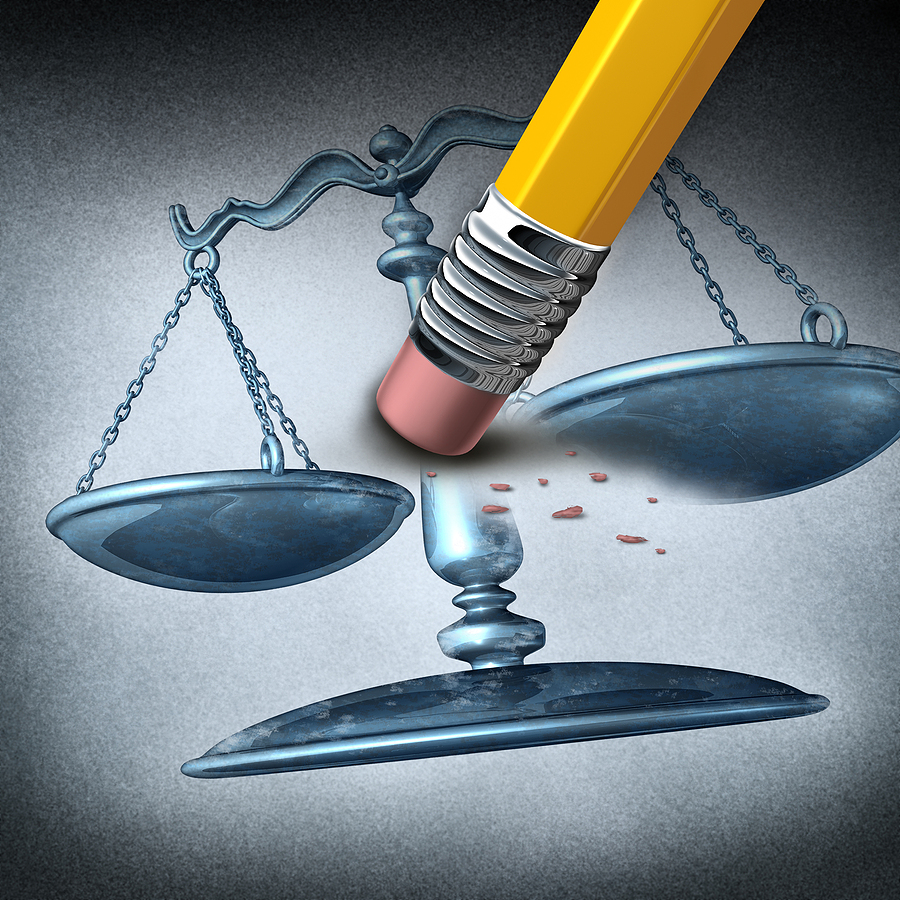Shaba Shakur - False Confession / Perjury / Police Misconduct
Shakur, Shaba (aka Louis Holmes); murder; NRE: false confession, perjury/false accusation, inadequate legal defense, police officer misconduct, misconduct that is not withholding evidence
Suggestibility issues
54 Misc.3d 674; Court of Claims 9/28/16; civil suit
"[On May 29, 2015, Kings Cty. Ct. Judge Desmond A. Green granted Shakur's motion to vacate his conviction] on the basis of newly discovered evidence and ineffective assistance of counsel.
"Notable is the testimony of (now former) Detective Louis Scarcella at the criminal trial, and then at the hearing...He...testified as to a statement from [Shakur] that implicated him in the murders, although [Shakur] consistently denied having made any such statement, no notes were taken and the statement was not given to [Shakur] to sign, and, as noted by the hearing court, the phrasing was similar to ones Mr. Scarcella attributed to other defendants in cases he handled and testified at.
"The Court [Green] noted, inter alia, 'the new evidence of Scarcella's propensity to embellish or fabricate' and cited various cases where convictions have been overturned due to Scarcella's conduct and troubling practice and pattern.
"At the...June 4, 2015 proceeding, the [prosecution] informed the [Green] Court that [they] were not retrying the case and not appealing the court's decision, and Green ordered the indictment dismissed."
from NRE synopsis (by Maurice Possley):
"Shortly after 10 p.m. on January 11, 1988, 21-year-old Fitzgerald Clarke and 23-year-old Steven Hewitt were fatally shot outside a building at Gates and Irving Avenues in Brooklyn...where they sold narcotics."
"Police brought in 23-year-old Louis Holmes for questioning the following day. Holmes -- who later changed his name to Shabaka Shakur -- was a friend of both victims, and a witness said that Shakur had quarreled over money he owed to Hewitt after buying Hewitt's green Mercedes Benz.
"Shakur was initially interviewed by police detective Phillip Mahony, who would later testify that Shakur denied shooting the victims and claimed he was in Jamaica, Queens at the time of the crime with his girlfriend.
"However, Detective Louis Scarcella said that he subsequently questioned Shakur and that Shakur told him that the victims were drug dealers and were going to kill him, so he shot them first.
"Another witness told police that Shakur -- before he was arrested -- had admitted committing the crime. That witness, however, was not called to testify at Shakur's trial, and in 2014 recanted his statement, saying he had lied to police to try to obtain leniency on other charges pending against him at the time.
"Shakur went to trial in [Brooklyn] in February 1989. Clarke's brother, Harley Young, testified that he was in the building at the corner of Gates and Irving when he heard gunfire. He said he came outside and saw Hewitt on the ground. Young said he saw Shakur chase and then shoot Clarke before fleeing the scene. Young admitted on cross-examination that he first told police he did not see the shooting.
"Young said that earlier that day, Shakur had quarreled with the victims over the price of the car he was in the process of buying from Hewitt."
"Scarcella testfied that Shakur told him, 'Man, you know I just got out. I spoke to the cops before on another case, and all it got me was jail. You know what happened. You have it all. They were going to kill me. . .They deserved to die. The two of them are part of an organization. They are drug dealers. The organization is bigger than you and me.' Scarcella admitted that he had no notes of the interrogation -- only a report that he said he typed up after speaking with Shakur.
"A gun found in a trash can near the scene was linked to the murders, but there were no finger prints or palm prints on the gun and it was not linked to Shakur.
"Two women -- Shakur's girlfriend and the girlfriend's best friend -- told Shakur's defense lawyer that Shakur arrived in Jamaica, Queens about 9 p.m. -- an hour before the shooting -- and spent the night in the girlfriend's home before going to work the following morning.
"On February 15, 1989, the jury convicted Shakur..."
"In 2012, a motion was filed seeking a new trial for Shakur, claiming that a witness would testify that Young was inside the building at the time and could not have seen the shooting." "[I]n 2014, defense attorney Ron Kuby presented evidence that Scarcella had fabricated the confession at a series of hearings on Shakur's motion for a new trial.
"The women who would have testified at the trial about Shakur's whereabouts at the time of the crime -- one of whom he later married -- testified at the hearings. The prosecution reported that the witness who claimed Shakur had confessed had recanted. And another witness testified that she was with Harley Young -- Clarke's brother -- when the shots were fired and that Young's claim of seeing the shooting was false."
"On June 2, 2015, [Manhattan] Justice Desmond Green granted the motion for a new trial and vacated Shakur's convictions...The judge also said he believed the testimony of Shakur's alibi witnesses.
"On June 4, 2015, the charges against Shakur were dismissed at the request of Brooklyn [DA] Kenneth Thompson..."
"In March 2016, Shakur filed a claim for compensation in the New York Court of Claims and settled it in 2017 for $5.5 million. In addition, he settled a claim against the City of New York for $3.6 million."
[All emphases added unless otherwise noted.]
